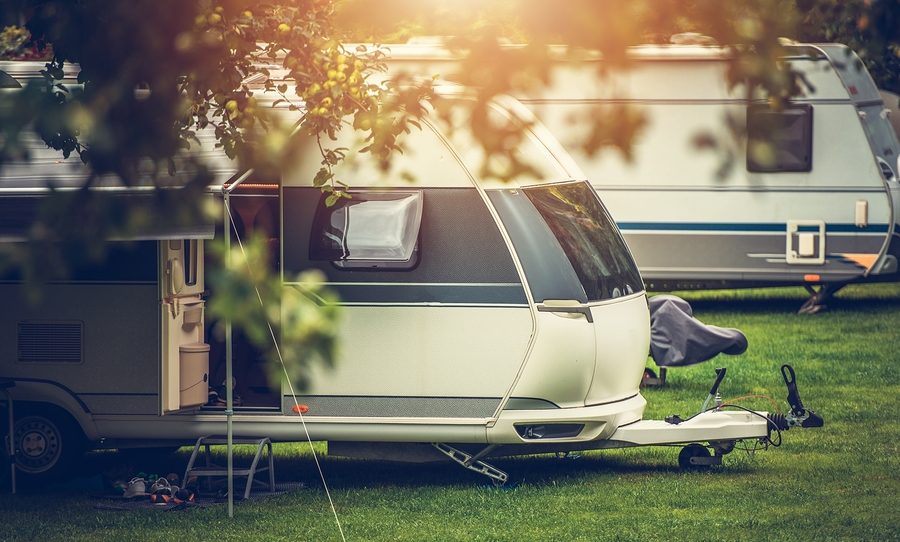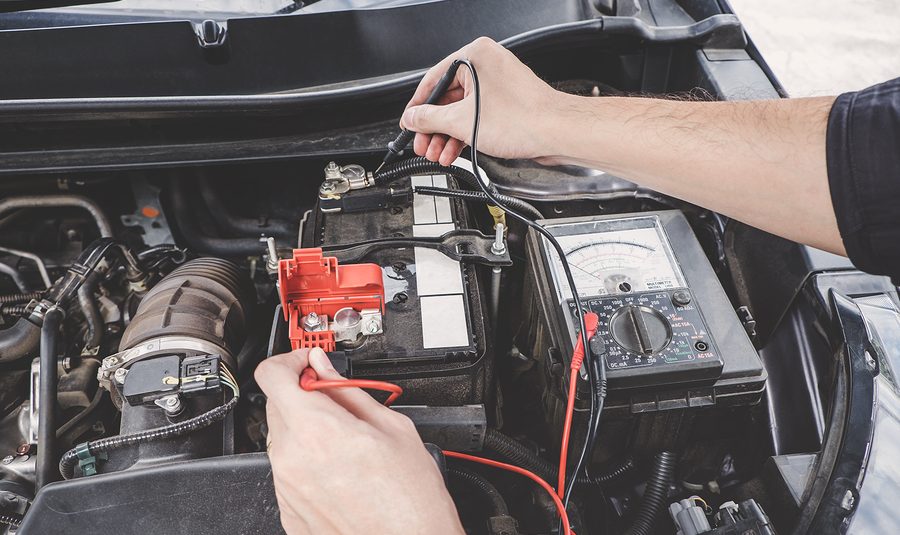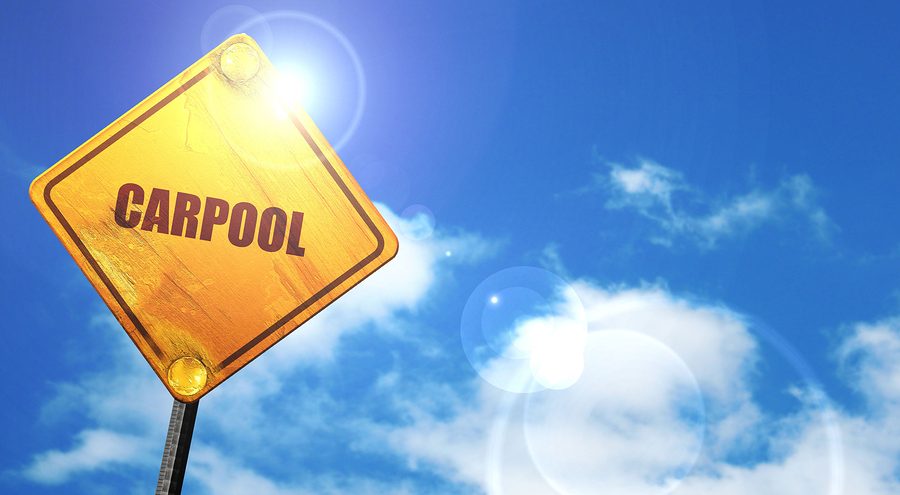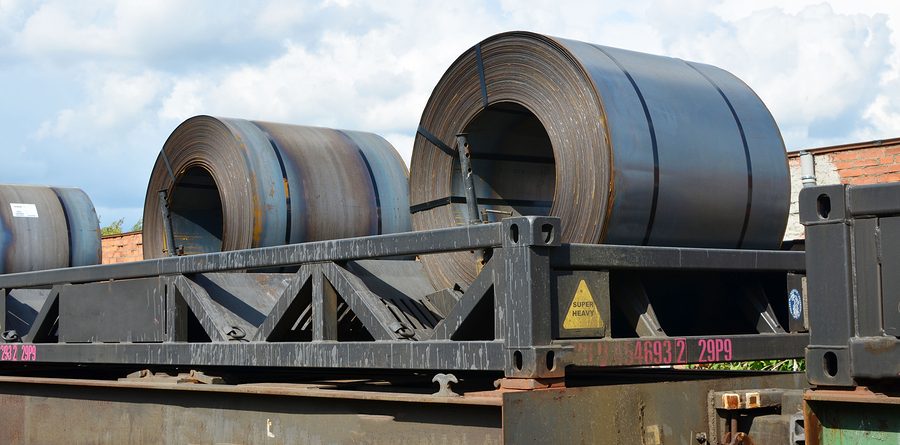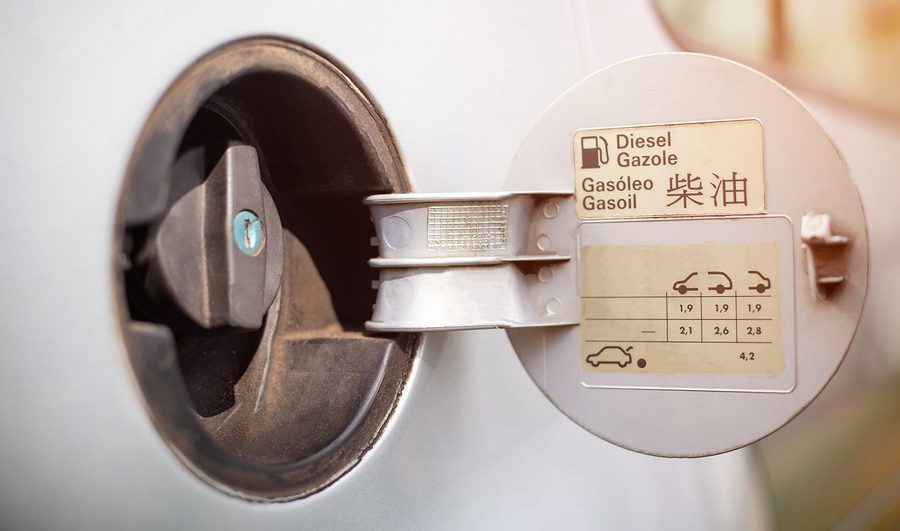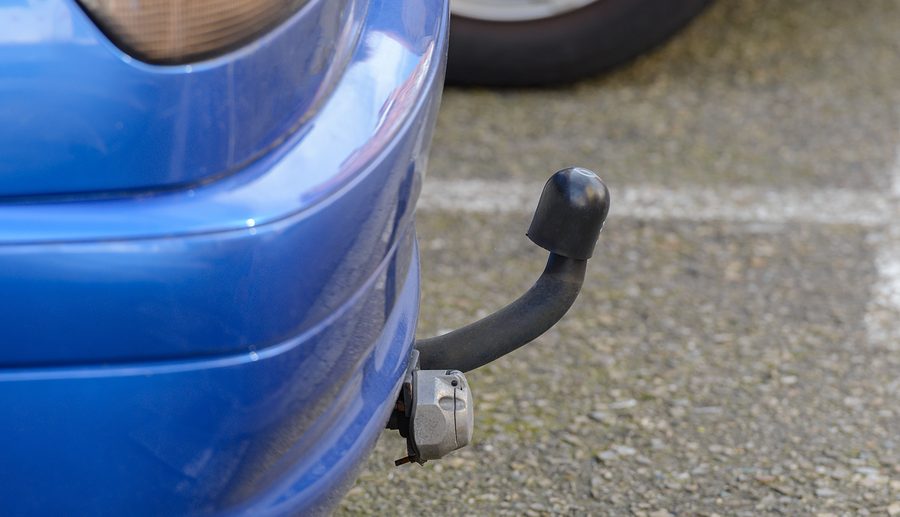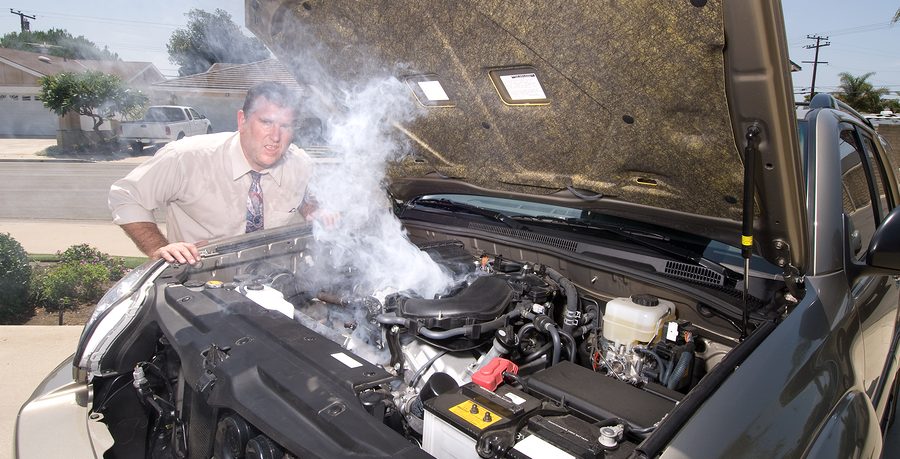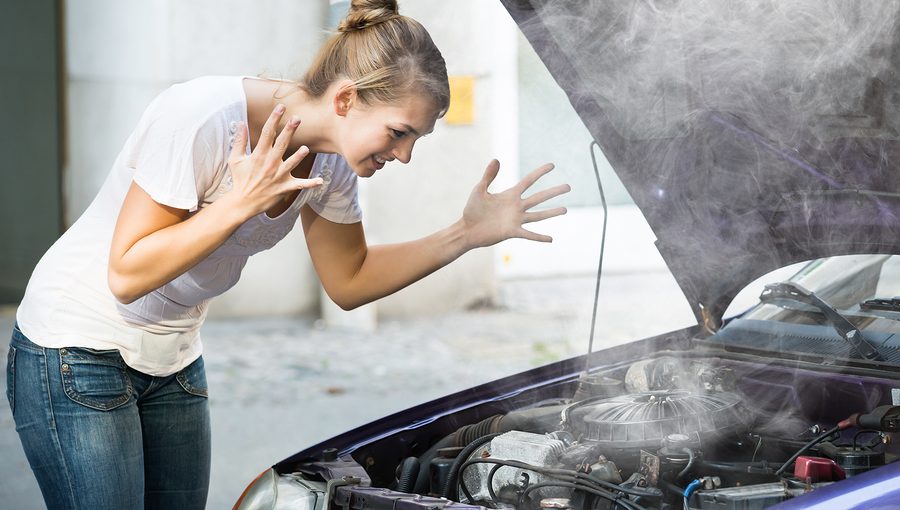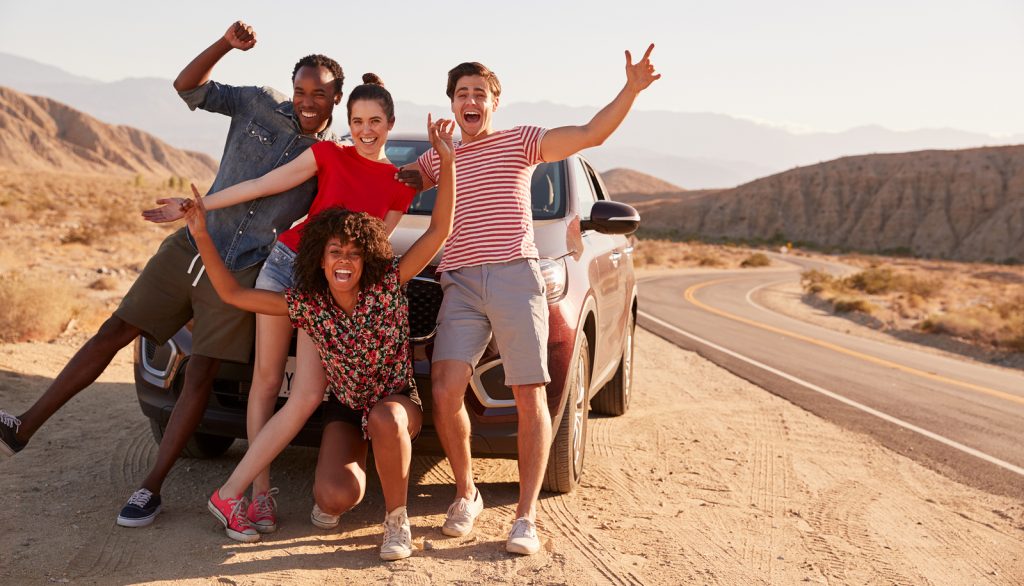A vehicle operates best when its fluids are well-maintained and kept at their proper levels. There are seven chief fluids in every vehicle that work together to promote a smoother drive and optimal vehicular performance. These fluids assist in the main functions of various automotive parts; such as the engine, transmission, and braking systems. Without these essential fluids, a vehicle will quickly deteriorate and experience complications. This leads to costly repairs, parts replacements, or a totaled vehicle.
Continue reading to learn about these seven critical solutions and fluids, and how they work together to support a well-operating vehicle.
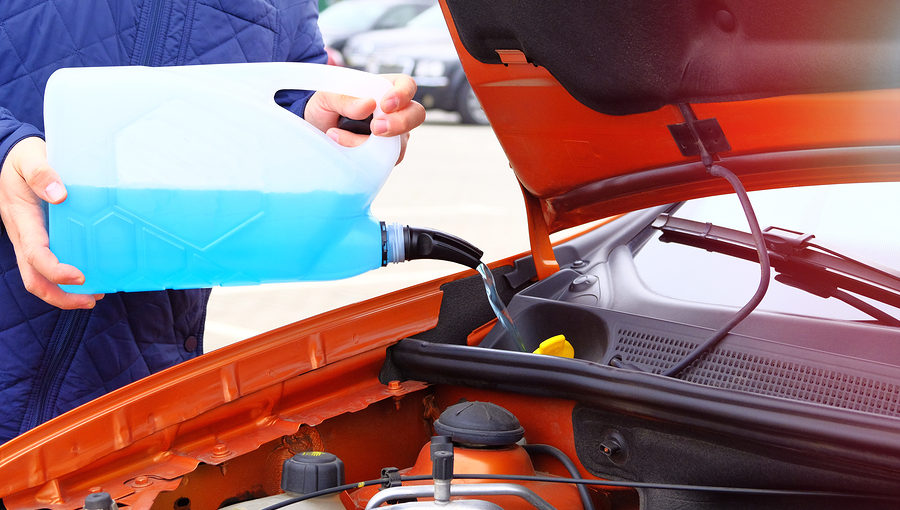
Motor Oil
The first fluid to mention is motor oil, because it is the most valuable and important. Without motor oil, a car’s engine is running without any lubrication between its moving parts. This can cause high heat and friction, leading to piston damage, valve damage, and more. It is dangerous and can cause severe and irrevocable damage to a vehicle’s engine. Any car with an internal combustion engine requires motor oil to lubricate its moving components.
Brake Fluid
Brake fluid is another important and vital necessity for any vehicle. A brake line system is a sealed network that applies hydraulic pressure to control a vehicle’s ability to come to a stop. When pressure is applied to a brake pedal, brake fluid compresses. This causes the hydraulic force to transfer to the brake pads and shoes and produce the required friction necessary to stop. Without brake fluid, a vehicle will have complications with stopping and using the brakes. This is very dangerous. A car must be able to stop!
Power Steering Fluid
Power steering fluid is used to assist the driver in turning the car easier. The power steering fluid is pressurized by a small hydraulic pump that is powered by the vehicle’s engine. It releases enough fluids that make the steering mechanism easier to direct and operate. Without power steering fluid, turning a steering wheel would require an abundant amount of effort and force.
Coolant
Coolant is another very important fluid in a vehicle. It is a heat-transfer fluid that controls the temperature levels within your engine. Without it, a car engine would quickly overheat, causing severe damages to the engine and its components. Coolant is generally a half and half formula, containing fifty percent water and fifty percent radiator coolant solution. It works by cycling through the engine as it runs, collecting heat and returning it to the radiator, then into the air.
Transmission Fluid
This fluid is not one commonly checked by car owners, but rather by a mechanic during an annual tune-up or inspection. Transmission fluid is important because it lubricates and cools the inner components of the transmission. This allows everything to engage and work properly. It’s job is very similar to motor oil.
Battery Fluid
Many vehicles today are manufactured with maintenance-free batteries; however, some older models will require a vehicle owner to manually replace the battery fluid on a regular basis. In these type of vehicle batteries, the individual cells need to be filled with the proper type of battery fluid in order for the vehicle to run.
Windshield Wiper Fluid
Although commonly overlooked, a driver could almost not live without windshield wiper fluid! Mud, dirt, water spots, insects, fingerprints, and more can be distracting on a vehicle’s windshield. Windshield wiper fluid is a soapy viscous solution that can be controlled manually by a push of a button inside the car. This button or attachment is generally near the steering wheel. Depending on how often it is used, windshield wiper fluid should be refilled every few months or so.
Emergency Towing and Roadside Assistance in Indiana
If you find yourself stranded and in need of automotive fluids in Indianapolis, trust Zore’s Towing for help anytime! Call us at 317-247-8484 for prompt, 24 hour towing and roadside assistance in Indianapolis and throughout Central Indiana. Our licensed towing and recovery division retains an extensive fleet of over 35 tow trucks and wrecker equipment, allowing us to assist drivers 24 hours a day, 7 days a week, and 365 days a year, rain, snow, or ice. Request a free estimate, anytime.


